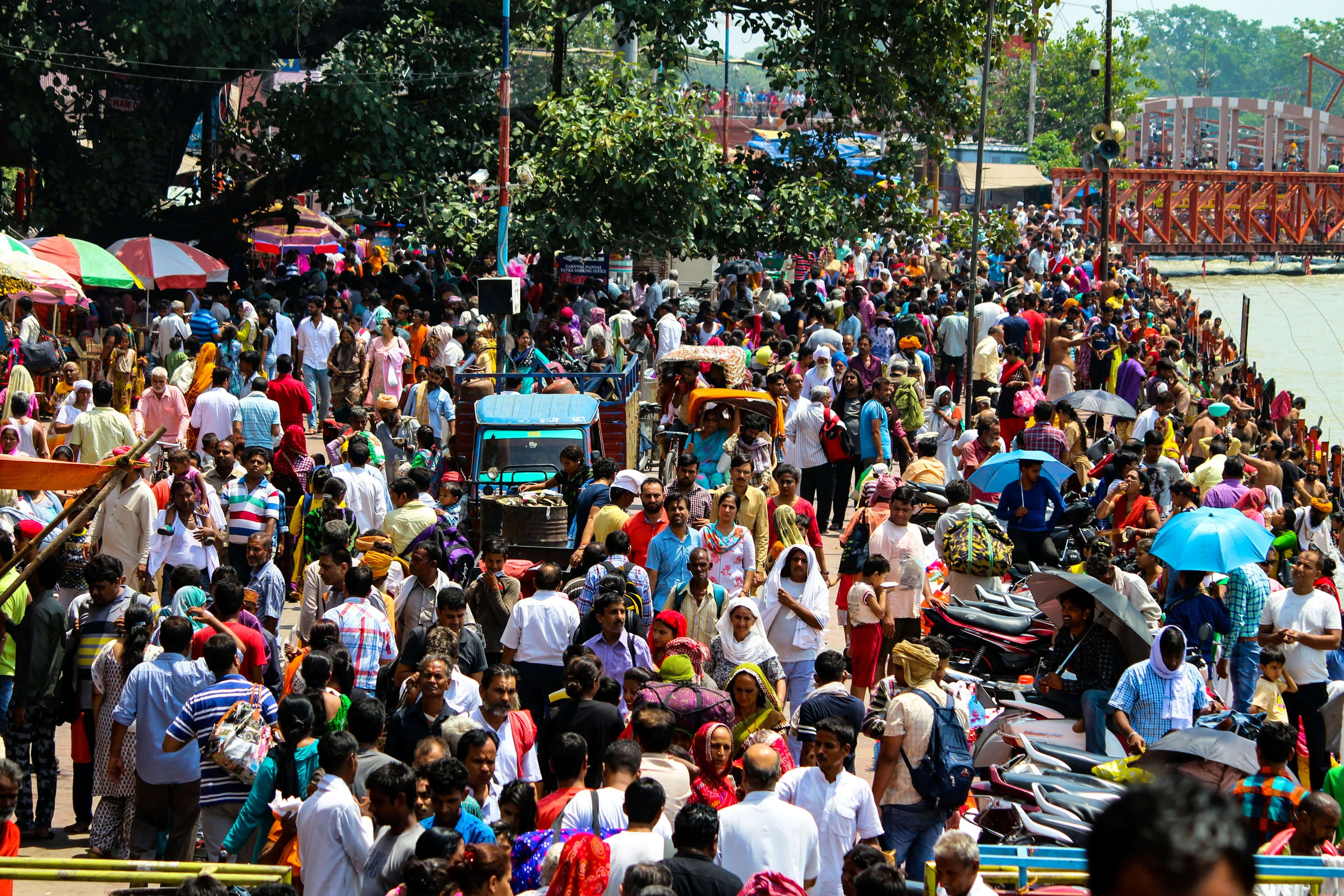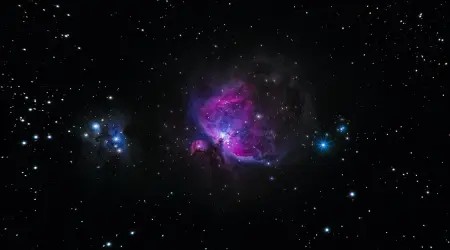

Over 50% of Indians Descend from Ancient Iranian Farmers, New Genetic Study Reveals
In a fascinating discovery, a recent international genetic study has revealed that more than half of India's current population can trace their roots back to ancient Iranian farmers who migrated to the Indian subcontinent thousands of years ago.
According to Professor Elsie Krdotkiv, a renowned expert in human evolutionary genetics from the University of California, Berkeley, the research team analyzed millions of genetic markers collected from Indian populations and compared them with global DNA databases. The findings suggest that Iranian farmers, who began settling in India between 5,000 to 7,000 years ago, played a significant role in shaping the genetic foundation of modern-day Indians.
The Genetic Trail of Indian Ancestry
For decades, geneticists have been tracing the complex ancestry of South Asian populations. This latest study confirms that a major portion of India's population is descended from ancient Iranian agricultural communities, who were among the first to introduce farming practices to the region.
The research also highlights that, after the arrival of Iranian farmers, Central Asian tribes migrated into India, further blending with the local gene pool. These tribes, often referred to as "Aryans," are believed to have influenced the establishment of the caste system, which continues to impact Indian society today.
Older Layers of Ancestry: African and Indus Valley Roots
Interestingly, the genetic map of India also carries traces of even older migrations. The study points out that small hunter-gatherer groups from Africa reached the Indian subcontinent nearly 50,000 years ago. Over time, their descendants mingled with the Iranian settlers, laying the foundation for what would later become the Indus Valley Civilization — one of the world's oldest urban cultures.
However, the prosperity of that civilization faced disruption when nomadic warrior tribes from the Eurasian steppes invaded, forcing many communities to migrate southwards towards what is now southern India.
Pakistan’s Link to Ancient Iranian and Arab Heritage
The study suggests that a similar genetic pattern may exist among Pakistani populations. Historical migration, trade routes, and settlement patterns indicate strong ancestral connections to ancient Iranian and Arab lineages in Pakistan, though detailed genetic studies for the region remain limited.
A Deeper Understanding of South Asia’s Origins
These groundbreaking findings offer new insights into the shared history of the South Asian region. They highlight how waves of migration, cultural exchange, and human evolution have shaped the diverse societies of India and neighboring countries over millennia.
As science continues to uncover the mysteries of human ancestry, such research fosters a better understanding of our interconnected past — and serves as a reminder of how modern civilizations are built upon ancient foundations.
Looking for more insightful articles? Stay tuned for global discoveries reshaping history.




